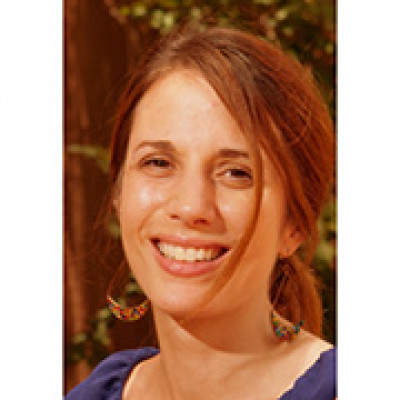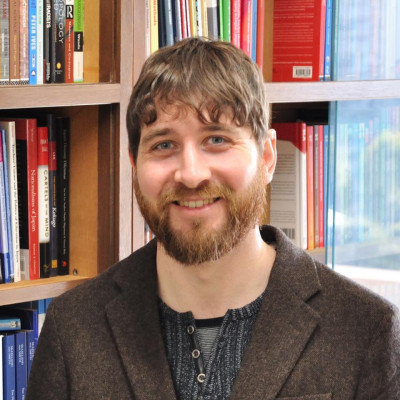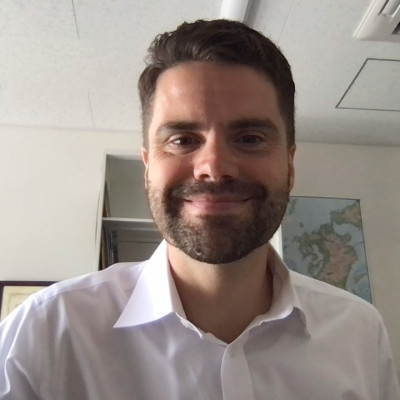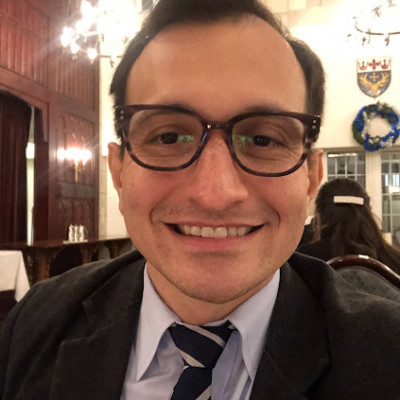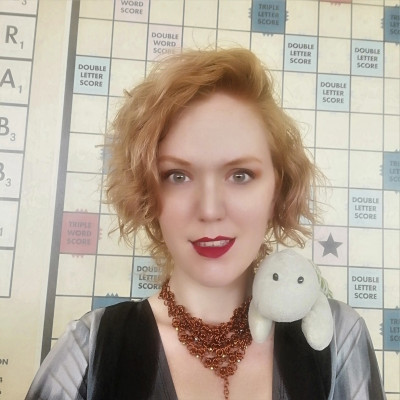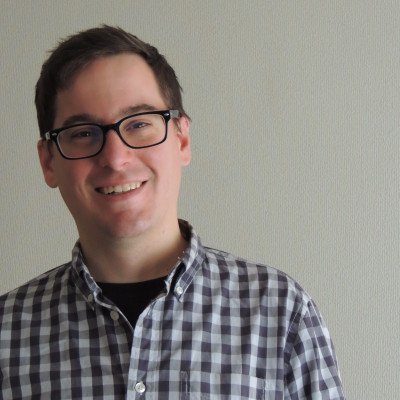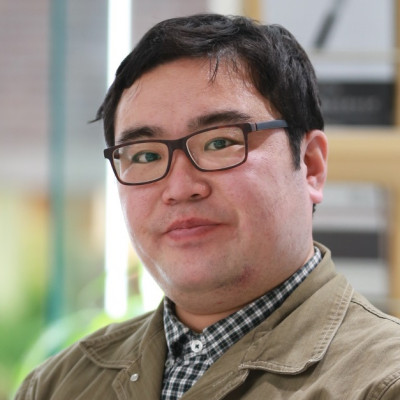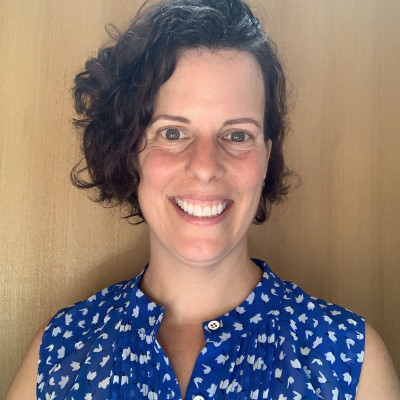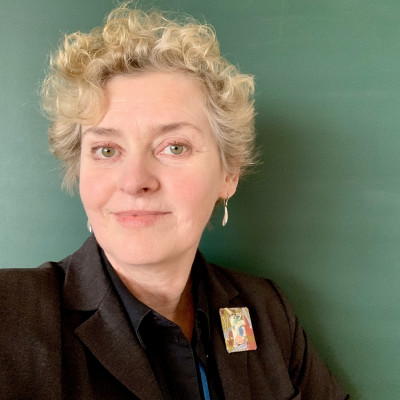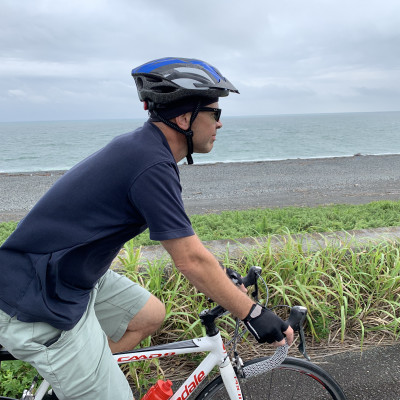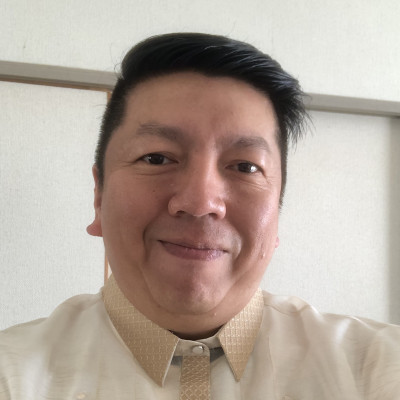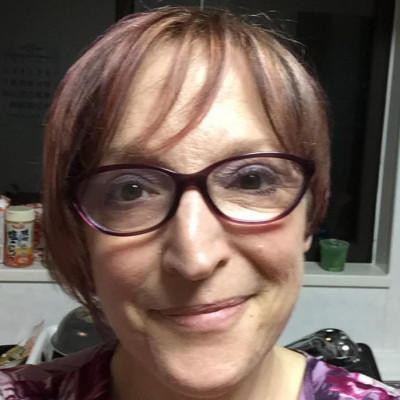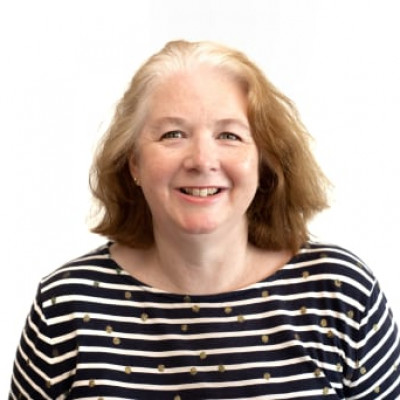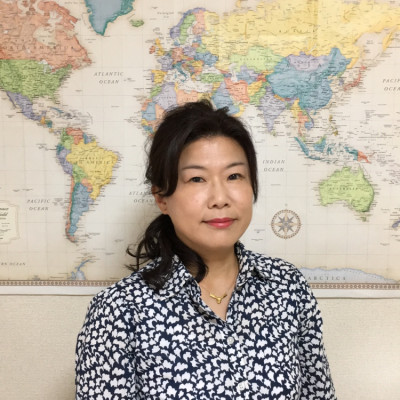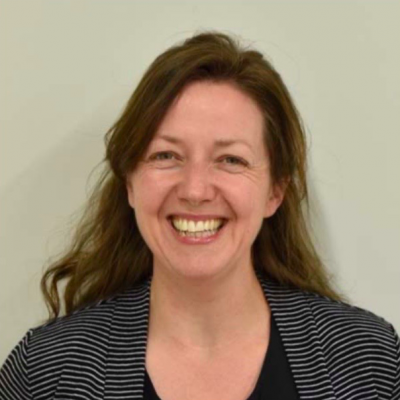Sessions / Accessibility in Language Learning
Ainu Language Learning Through Synchronous and Asynchronous Online Methods #2845
While UNESCO classified the Ainu language as critically endangered in 2009, stakeholders continue to engage in preservation and revival efforts in a variety of capacities. This presentation will focus on an Ainu language class developed in March 2021, amidst the COVID-19 pandemic, adopting a new hybrid style of language learning. The weekly 90-minute class held on Zoom utilizes a long-standing community-based method for adult Māori language learning called Te Ataarangi combined with modern online initiatives. The language teachers and tutors also update self-access revision and study materials weekly on the associated Moodle LMS. The class participants (n=30) include both Ainu and non-Ainu, varying nationalities, young Ainu language and culture apprentices, shopkeepers, school teachers, university professors, university students, museum staff at Upopoy (the Symbolic Space for Ethnic Harmony in Shiraoi, Hokkaido) and other participants dedicated to Ainu language revitalization. The presenters will share the background and methods of the course and highlight the advantages and disadvantages of using Zoom as the main online synchronous learning tool. Functionality of the asynchronous tool, Moodle, will also be detailed, ending with a discussion of future plans for the development of the classes and online platforms.
Perspectives on how to support learners with special educational needs #2710
While accommodation for students with special educational needs (SEN) is built into mainstream education and teacher training courses, and considerable research has been carried out regarding SEN students' language learning, much less attention is given to the professional development of language teachers who seek to provide inclusive and adaptive learning environments for SEN students. This presentation reports on a case study carried out among five instructors who taught students with SEN in an academic discussion course at a Japanese university. These teachers were considered representative of university-level language teaching practitioners in terms of qualifications, experience, and teacher education, including a lack of official training regarding working with SEN learners. The study used reflexive writing by the teachers to uncover a set of developing perspectives on, and diverse approaches to, supporting SEN students. The results reveal two areas that are potentially instructive for both teachers and academic managers of professional development programs. First, they give some insight into the extent to which pre-service training programs are currently preparing teachers to help learners with special educational needs. Second, they outline a variety of ways in which teachers can proactively adjust their practice in order to better create equitable and inclusive classrooms.
Teacher Perceptions of ADHD and ASD in the Japanese EFL Classroom #2698
Autism spectrum disorder (ASD) and attention-deficit/hyperactivity disorder (ADHD) are two frequently diagnosed learning differences which can seriously influence students’ L2 development. Although Japan has diagnosis rates comparable to other developed countries (NISE, 2016), teachers often lack training for these conditions. This is particularly true for EFL instructors, who are not necessarily trained or informed of learning differences. In Japan, reporting and communication of these conditions is generally scarce, yet MEXT maintains a policy of inclusion at all levels of education. Therefore, a clearer picture of the challenges facing EFL teachers is one step toward ensuring classroom praxis can meet the promise of inclusivity. A survey of EFL teachers in Japan was conducted to better understand issues around learning differences as ADHD and ASD in their classroom. The survey had three goals: to chart themes in EFL teachers’ perceptions of learners with ADHD and ASD; to chart adequacy of EFL teachers’ knowledge and training for learning differences; and to identify potential areas of need for better understanding how to make the EFL classroom more accessible. This presentation will present the results of the survey and a set of practical takeaways which EFL teachers might consider in furnishing accessibility in the classroom.
Teaching English to hearing-impaired students: a practical approach #3023
This workshop focuses on identifying the issues and challenges of teaching English to Japanese university students with hearing impairments and aims to raise awareness among educators of the particular needs that may require accommodation, and what strategies can be employed to make the language more accessible. Although the number of our students with this disability may be small, it is important to consider in advance what can be done to provide a supportive classroom, including assessing the level of disability and students’ previous educational background. This may test the skills of teachers who have not received specialist training. The background to the teaching of students with special needs in Japan will be presented and approaches will be suggested that could be taken to provide an environment in which every member of the class can actively engage. The presenter will share experiences in both face-to-face and online classes, summarize published research on the topic, explain the system a private science college has established to assist all learners with special needs, and share a small number of basic BSL (British Sign Language) greetings. Contributions from other educators with experience in this area will be warmly welcomed.
Student perceptions of disability at a Japanese University #2960
For this study, three researchers attempted to ascertain students’ perceptions of disabilities at their university. Using a Google Forms survey researchers received 60 responses and analyzed the data to look for patterns. The researchers were specifically interested in what students considered to be a disability. By learning about perceptions of students at the university, the researchers hoped to achieve specific goals:
To measure the students’ colloquial understanding of disability in order to better realize the informal social milieu that students with disabilities are entering as they attend the researchers’ university. It is hoped that this survey will be used in the future with the same students, so that the researchers can measure what students learn about this topic during their time at the university and how their perceptions of those with disabilities evolve.
Researchers hope to apply tools and techniques of this research towards better understanding students’ attitudes towards disability in other Japanese universities, as well.
Additionally, by learning what students think, the researchers look forward to creating tools and resources for better serving and understanding disabled students.
This presentation will briefly explain research methods and highlight some of the results and effects they’ve had on the university, so far.
Online Inclusion with UDL: A Case Study in Postsecondary EMI #2844
Compared to their peers without disabilities, students with disabilities can experience unique, additional barriers to learning in online learning environments (Rao et al., 2021; UNESCO, 2021). Without knowing the barriers that students may face in online learning, teachers have an ethical responsibility to design and deliver inclusive online lessons, especially considering the likelihood that online instruction will become more commonplace in a post-pandemic world.
Universal Design for Learning (UDL) is “a framework to improve and optimize teaching and learning for all people based on scientific insights into how humans learn” (CAST, 2018) by providing multiple means of engagement, representation, and action and expression. This poster presentation will describe the iterative application of UDL Guidelines to an online English Medium Instruction course at a private university in Tokyo in the 2020 and 2021 academic years. This description will include the initial application of the UDL Guidelines, responses from a student survey on the efficacy of inclusive design choices, and subsequent modifications made to course and lesson delivery for greater inclusivity. Participants will leave with a better understanding of how to apply the UDL Guidelines in their own online teaching.
The role of a Self-Access Learning Center for non-English language majors #2876
The present research explores the role of a Self-Access Learning Center (SALC) at a university in Japan. The SALC is one of the leading facilities in the field in Japan and is categorized as a “social-supportive” facility with an intention to constantly investigate what its users need and whether it is effectively meeting those needs (Mynard, 2019). However, as English is largely displayed in the facility, students majoring in other languages may have perceptions of such a facility that the SALC educators and staff may not be aware of. For example, Chinese major students’ attitudes and motivations for using the SALC might be different from English majors, especially when studying English as a third language. Educators in the SALC will need to explore the experiences of all users of the facility, regardless of their major, and allow for different points of view in order to develop the facility for all language learners. In this presentation, I will examine, firstly, the perception of two Chinese major students towards the SALC, and secondly, what the SALC can offer them, as a place for promoting self-language learning.
Application of social model for neurodivergent students in class #2880
Statistics from the Japan Student Services Organization indicate that the number of neurodivergent students in higher education institutions is rising. Because interpersonal communication is problematic for many neurodivergent students, this increase suggests that language instructors must increasingly foster self-esteem and self-efficacy by teaching effective and productive communication skills. This poster will present the kind of support based on the social model of disability that would be meaningful in communication with neurodivergent students. Making learning easy and accessible for such students is not enough. We must challenge students and polish their strengths. Applying the social model of disability, we can understand how social obstacles hinder participation in society. This model suggests that differentiating the language instructors' communication behavior to reflect students' differences in learning styles can help many neurodivergent students. Using a literature review of instruction in EFL, this theoretical poster aspires to discuss the practical implication for teachers’ classroom communication. Also, it encourages the audience to remember that, in addition to physical accommodation, our linguistic accommodation, even to the point of specific words of instruction, can help students grow.
Living with ADHD: What this means for teachers and students #2704
Attention Deficit and Hyperactivity Disorder (ADHD) is a complex and misunderstood condition. Despite its reputation as a disorder that simply affects the ability to focus and contributes to hyperactive behavior, ADHD presents in different ways for different people. What may present as a challenge for one person may in fact be the strength of another and vice versa. In the teaching context, the classroom (either physical or virtual) may create a wide variety of situations, both hurdles and opportunities, for which teachers and students who have ADHD have to manage. This poster will illustrate what it means to live with ADHD. The presenters will narrate their experiences as language teachers both pre- and mid-pandemic and discuss how ADHD shapes their teaching practice. They will also describe how they structure their classrooms to support students who may be struggling and how they craft a space for students with ADHD to make use of their skills to experience success. This poster will be of particular interest to teachers of students with diagnosed or undiagnosed ADHD who may be struggling to apply learning strategies that were effective in the physical classroom to virtual study.
Sustainable Inclusivity: Practical Solutions for Supporting Learners #2660
As the pandemic forced us to move online, learner needs became more diverse and complicated in language education. Teachers’ resources and strategies increasingly face a growing need to reflect these changes. The Act for Eliminating Discrimination against Persons with Disabilities (2016) mandated the provision of equal educational opportunities for all learners, including those with special needs. However, according to JASSO (2020), the percentage of students with special needs in higher education slightly decreased last year. This raises the following questions: Does online teaching better accommodate learners with special needs? Did the online context level the playing field and make traditional differences and difficulties invisible for teachers in? Further research is needed to fully understand these changes. In light of this, the ALL SIG forum will focus on sharing ideas and relating experiences of all participants. This forum will showcase individual stories and experiences creating needs analysis framework for the purpose of assessing contexts and sharing strategies and resources. By creating a support network, educators can work together to address the diversity of needs reflected in today’s classroom. The goal is to raise awareness of diverse learner needs and develop inclusive strategies for language teachers and school administrators.
Barrier-free learning in Japan: Panel #2994
The panelists will talk about the lack of knowledge in creating barrier-free classes for learners with different abilities, current changes in policies in Japan, and how teachers are working with students to make their classes more inclusive. The session will begin with definitions of disabilities, issues faced by teachers who are not trained in recognizing them, and how teachers can create or modify classes to be effective for all students. Panel members will speak about helping students at all levels of education. We also hope to have enough time to answer participants' questions and help them make their own classes barrier-free.


